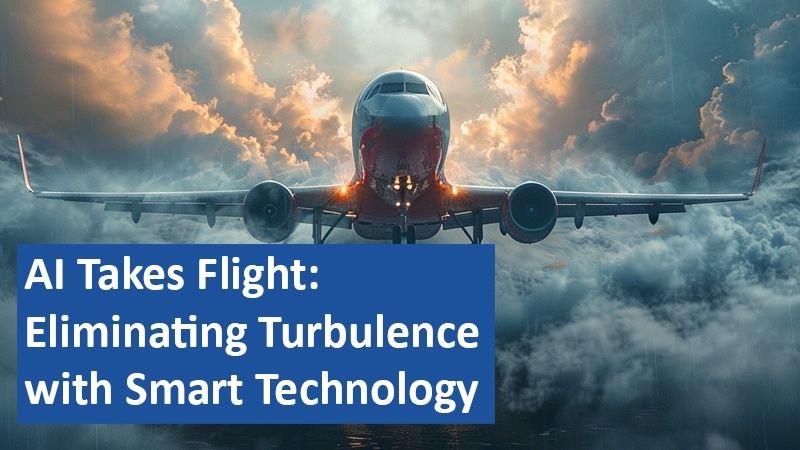The future of air travel could be smoother than ever. A cutting-edge AI system called FALCON promises to drastically reduce turbulence, bringing unprecedented stability to flights. Researchers have developed a way for aircraft to adapt to unstable air conditions in mere minutes.
By Sadie Watkins
Understanding Turbulence: A Common Aviation Challenge

Turbulence, caused by sudden air pressure shifts, can make flying uncomfortable. Unlike aircraft, birds naturally adapt to such conditions, adjusting their movements to maintain stability. Inspired by this natural ability, scientists at Caltech created an AI system capable of mimicking these adaptive responses. Using Fourier-based methods, the technology converts air flow patterns into digital waveforms, enabling precise analysis and real-time adjustments.
The Real-Time Learning Capability of FALCON
FALCON employs reinforcement learning, an advanced AI training technique, to decode turbulence mechanics and adjust flight patterns accordingly. During wind tunnel experiments, the system stabilized a test wing in varying air conditions within just nine minutes of learning. This adaptability could revolutionize aviation by providing smoother flights not only for drones but also for commercial aircraft. The technology’s ability to learn and respond in real time represents a significant leap forward.
Barriers to Practical Application
Despite its promising results, FALCON faces several implementation hurdles. One key challenge lies in enhancing its ability to quickly adapt to diverse environmental factors. Another potential application involves aircraft sharing turbulence data to anticipate disruptions. However, such a system would require robust cybersecurity measures to safeguard sensitive flight controls. Experts suggest refining prediction accuracy and reducing the training time needed for practical, widespread use.
Shaping the Future of Air Travel
Researchers are focusing on advancing FALCON’s capabilities to ensure faster adaptation and improved efficiency. If successful, this innovation could lead to a paradigm shift in aviation, especially for long-haul flights and unmanned aerial vehicles. The potential for safer, turbulence-free air travel could soon transform flying into a consistently stable experience.
As AI systems like FALCON continue to evolve, they promise to redefine air travel by enhancing both comfort and safety.
Based on information from www.livescience.com and additional research.